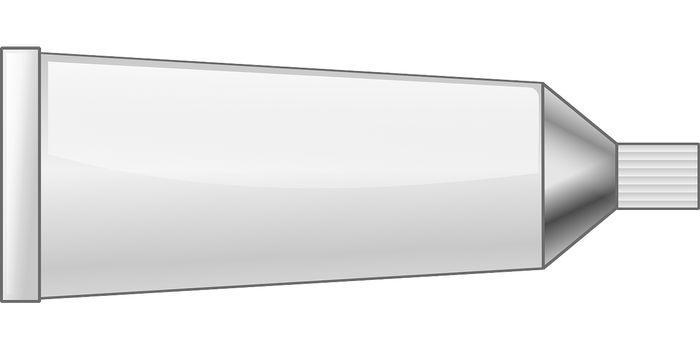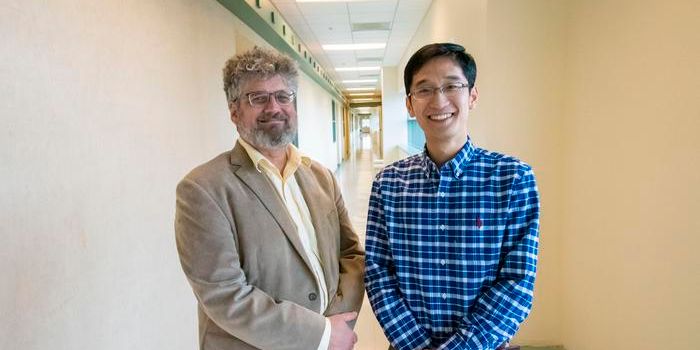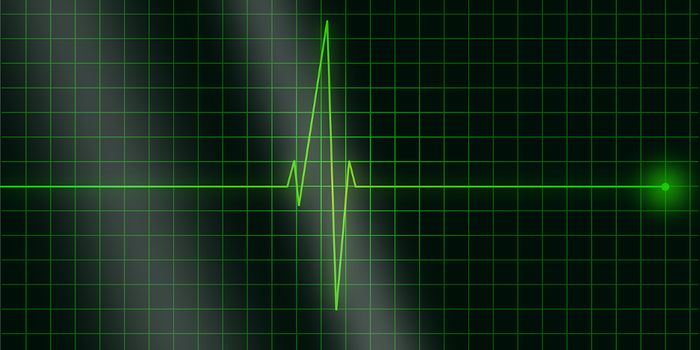Device Diagnoses Breast Cancer in 60 Minutes
Researchers have created a point-of-care device that can provide diagnostic information on the presence of breast cancer in under an hour. In initial validation studies, the device showed an accuracy of 100 percent when tested among a small cohort of 68 patients. The instrument, named CytoPAN by its inventors, addresses clinical bottlenecks faced by populations in developing countries where access to central diagnostic facilities can be limited.
In the study, published recently in the journal Science Translational Medicine, the authors write, “The system is relatively affordable and requires minimal training, which should decrease the barriers to access in low-resource areas.”
Lead author, Jouha Min from the Center for Systems Biology at Massachusetts General Hospital, used a technique called image cytometry to create CytoPAN. First, samples are taken from a patient using fine-needle aspiration -- a less painful and invasive method as compared to standard biopsies. CytoPAN’s automated system rapidly captures images and analyzes cells one at a time, looking for histological signs of cancer.
Typically, surgical procedures are required for diagnostic biopsies, in which a small sample of tissue is removed from the breast. This is sent to a laboratory where a pathologist uses specialized procedures to analyze the specimen, looking for signs of abnormal tissue growth. Pathology reports can take days or even weeks to prepare and often are not an option for those in developing countries due to the associated costs or access limitations.
The innovative device was validated in a study based in South Korea, where CytoPAN showed its tremendous potential. The device could spot the presence of abnormal, cancerous cells with high levels of accuracy, from patient samples with as little as 50 cells. Besides its speed, CytoPAN also gets points for its low cost and easy-to-use interface. Test kits could cost as little as $5, a fraction of the cost of current breast cancer diagnostics.
There were almost 10 million cancer-related deaths in 2018, making cancer the leading cause of death for 1 in 11 women worldwide. Scientists are optimistic that new technologies such as CytoPAN could lower this number by making routine health checks more accessible to all communities. The authors state that CytoPAN will not only benefit those in rural areas, stating, “We envision that the technology could also speed up turnaround times between intervention and results in established health care systems.”
Sources: Science Translational Medicine.
-
MAY 07, 2024Is It Anti-RNP or Anti-Sm/RNP?
- See More
-
APR 30, 2024Immuno-Oncology Virtual Event Series 2024
-
MAY 07, 20243rd International Biosecurity Virtual Symposium
-
JUN 06, 2024The Future of Scientific Conferencing
- See More


















































